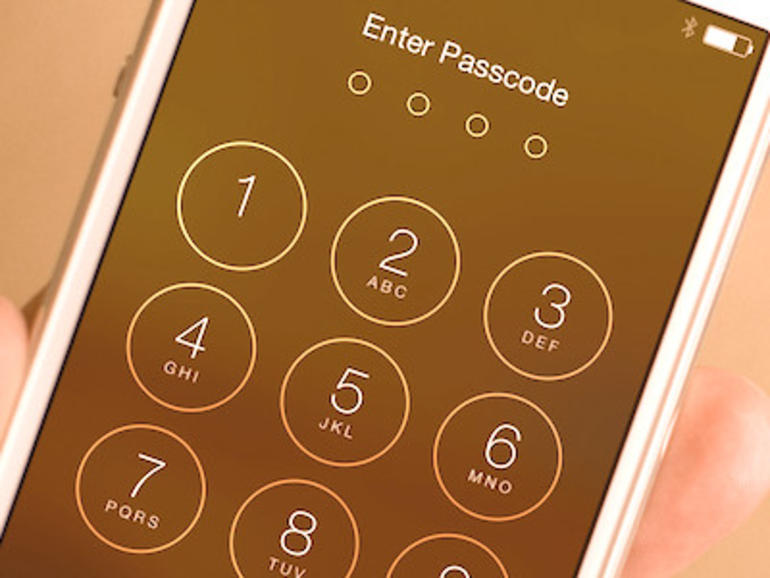Senate anti-encryption bill will put a backdoor in every phone

Controversial doesn't even cut it with this bill.
Two leading intelligence committee senators have formally released a bill, leaked last week, which would compel companies like Apple and Google to comply with orders to decrypt smartphones and their contents.

And so far, everyone hates it.
The draft law, dubbed the Compliance With Court Orders Act, written by Sens. Richard Burr (R-NC) and Dianne Feinstein (D-CA), respectively the chairman and ranking member of the Senate Intelligence Committee, will compel phone manufacturers and software developers to allow the government access to encrypted data with a court order.
This bill strikes at the heart of the case on the San Bernardino shooter's iPhone. The FBI eventually sought the help from hackers on a one-time basis to crack the device.
Some have said this amounts to, in effect, a ban on strong encryption because companies would have to build a backdoor or use weaker encryption in their products.
Burr and Feinstein said in a statement Wednesday that "no one is above the law."
But critics of the bill are already arguing the bill is deeply flawed.
The bill only applies to US companies, and foreign firms with operations in the US. Critics of the bill have already said that terrorists, who have in recent attacks used burner phones rather than encryption, could use foreign encryption that wasn't under the scope of the law.
That wouldn't be difficult, given that a recent analysis of encryption products shows that the majority are developed overseas, and outside the scope of US law.
The bill will also require companies to both ensure that data is secure, but also that the data can be decrypted with a court order. That's been a fundamental argument of critics of backdoors, who have said that you can't have a secure access point for one that won't eventually be exploited by hackers.
Passing the bill through both houses will be tough, but not impossible.
Sen. Ron Wyden (D-OR), a staunch privacy advocate and fellow member of the Senate Intelligence Committee, said in a tweet that he will "do everything in my power to block" the bill.
"It makes Americans less safe," he said.